Optimal post-workout nutrition: Maximize muscle recovery & growth for peak performance?
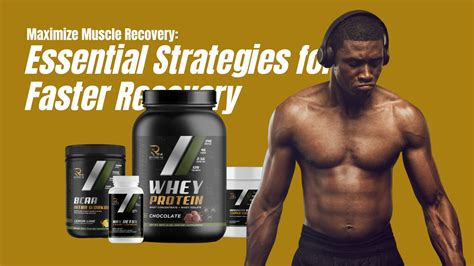
Unlocking Your Full Potential: The Power of Post-Workout Nutrition
After pushing your body through a strenuous workout, whether it’s lifting weights, running a marathon, or an intense HIIT session, your muscles are in a state of flux. They’ve experienced micro-tears, and their energy stores (glycogen) are depleted. This is precisely when post-workout nutrition steps in as your most powerful tool for recovery, repair, and growth. Ignoring this crucial window means leaving potential gains on the table and extending your recovery time, hindering your journey towards peak performance.

The Pillars of Post-Workout Recovery: Protein, Carbohydrates, and Fats
To effectively kickstart the recovery process, your body needs specific macronutrients working in harmony. Think of it as providing your body with the essential raw materials and fuel it needs to rebuild stronger than before.
Protein: The Master Builder
Protein is paramount. During exercise, muscle protein breakdown increases. Consuming protein post-workout supplies the amino acids necessary to repair damaged muscle fibers and synthesize new muscle proteins, leading to hypertrophy (muscle growth). Aim for 20-40 grams of high-quality protein, such as whey, casein, eggs, chicken, or plant-based options like soy or pea protein.
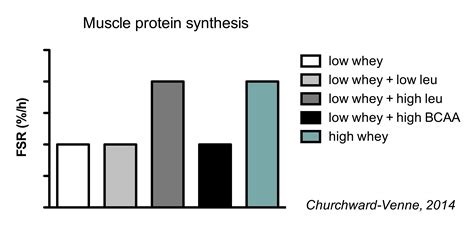
Carbohydrates: Refueling Your Engine
Glycogen is your body’s primary fuel source during high-intensity exercise. Post-workout, these stores are significantly depleted. Consuming carbohydrates helps replenish muscle glycogen, which is crucial for energy restoration and preparing your body for the next session. Opt for easily digestible carbs like fruits, oats, rice, or potatoes. The amount varies based on activity level, but generally 0.8-1.2 grams per kg of body weight is a good starting point for active individuals.
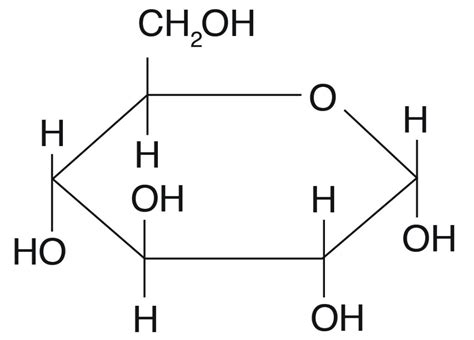
Fats: The Unsung Hero (In Moderation)
While protein and carbs take center stage immediately post-workout, healthy fats play a vital role in overall health, hormone production, and reducing inflammation over the long term. While not the primary focus directly after training due to their slower digestion, incorporating healthy fats into your broader post-workout meals (e.g., avocado, nuts, seeds) supports sustained recovery and wellbeing.
The Anabolic Window: Is Timing Really Everything?
For years, the “anabolic window” was believed to be a very narrow, critical period (30-60 minutes) immediately after exercise when nutrient timing was absolutely essential. While consuming nutrients soon after training is beneficial, more recent research suggests that this window is considerably wider, extending up to several hours post-exercise, especially if you had a pre-workout meal. The key is to consume adequate protein and carbohydrates throughout the day, ensuring you meet your total daily macronutrient needs consistently, rather than fixating solely on a super-short timeframe.
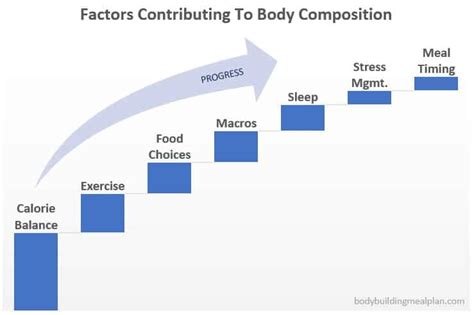
Practical Strategies for Optimal Post-Workout Meals
- Protein Shake + Fruit: A quick and convenient option. Combine whey or plant-based protein with water or milk and a banana or berries for fast-digesting carbs.
- Chicken Breast & Rice: A classic for a reason. Lean protein and complex carbohydrates provide sustained energy and muscle repair.
- Greek Yogurt with Berries & Granola: Offers both fast and slow-digesting proteins (whey and casein) along with carbs and antioxidants.
- Egg Scramble with Whole-Wheat Toast & Avocado: A balanced meal providing protein, complex carbs, and healthy fats.
- Salmon with Sweet Potato & Greens: Excellent source of protein, healthy fats (omega-3s), and nutrient-dense carbohydrates.
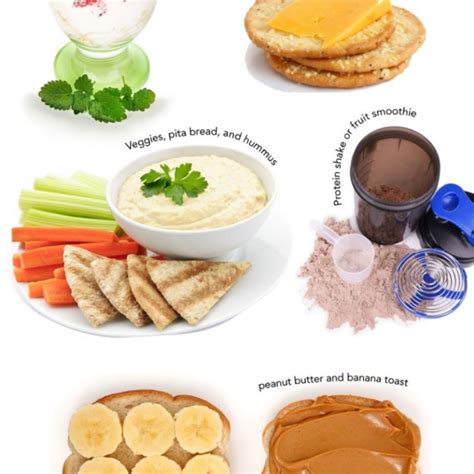
Hydration: The Often-Overlooked Component
Don’t forget to rehydrate! You lose a significant amount of fluid through sweat during exercise. Replenishing these fluids and electrolytes is critical for every bodily function, including nutrient transport and muscle contractions. Drink plenty of water before, during, and after your workout. For longer or more intense sessions, consider an electrolyte-rich beverage.
Beyond the Basics: Supplements for Support
While whole foods should always be the foundation, certain supplements can complement your post-workout nutrition. Creatine monohydrate is highly researched and proven to aid in strength and power. BCAAs (Branched-Chain Amino Acids) may help reduce muscle soreness, though adequate dietary protein usually provides sufficient BCAAs. Always consult a healthcare professional or registered dietitian before introducing new supplements.
Conclusion: Fueling Your Journey to Peak Performance
Optimal post-workout nutrition isn’t just about immediate recovery; it’s about setting the stage for long-term progress, enhanced performance, and injury prevention. By strategically combining protein and carbohydrates, staying well-hydrated, and listening to your body, you can significantly accelerate muscle recovery, promote growth, and unlock your true athletic potential. Make post-workout fueling a non-negotiable part of your fitness routine.









